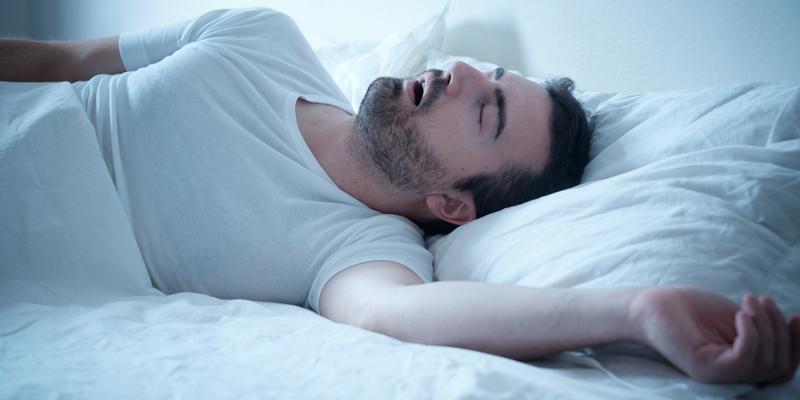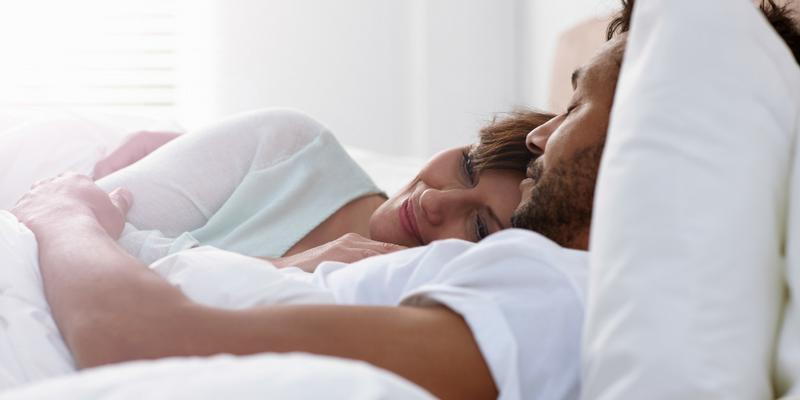
Did you know there are currently over 10 million cases of undiagnosed sleep apnea in the United States? If those with the condition go untreated, they are facing a huge list of additional diagnoses including heart attack, stroke, obesity, diabetes, and heart failure.
Today, CPAPCentral.com has provided three quick and easy ways to screen yourself at home for sleep apnea. If these tests come up positive for you or a loved one, then you should set up an appointment with your physician as soon as you can!
1 – The Epworth Sleepiness Scale
The Epworth Sleepiness Scale was developed in 1990 by Dr. Murray Johns. It typically takes less than 3 minutes to complete, and evaluates your daytime sleepiness in order to determine how likely you are to have a sleep disorder. Take the Epworth Sleepiness Scale Test Now.
2 – The STOP BANG Questionnaire
STOP BANG stands for Snoring, Tiredness during the daytime, Observed apnea, Pressure (high blood pressure), Body mass index, Age, Neck circumference and Gender. The questionnaire evaluates whether you have an obstruction in your airway that might be contributing to obstructive sleep apnea. Take the STOP BANG Questionnaire now.
3 – Know how to interpret your health tracker
If you already own a health tracker such as a FitBit, certain models can record your movement during the night, including how often you wake up. If it starts to indicate restless nights, this could be a sign that something more serious is going on. The National Sleep Foundation has more information on how to interpret what your wearables are telling you.
After trying out these three at-home screenings, be sure to follow their advice and seek consultation from your family doctor or a local sleep specialist. If you discover that you are indeed suffering from sleep apnea, see CPAPCentral.com for all the supplies you need to address it!



